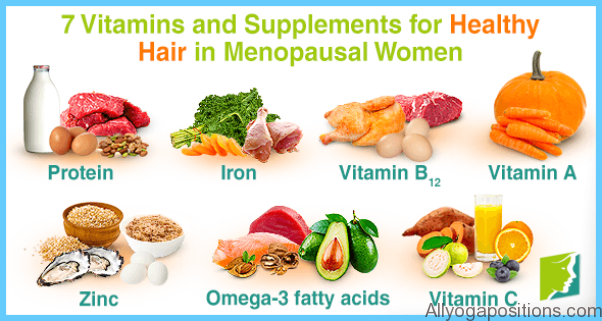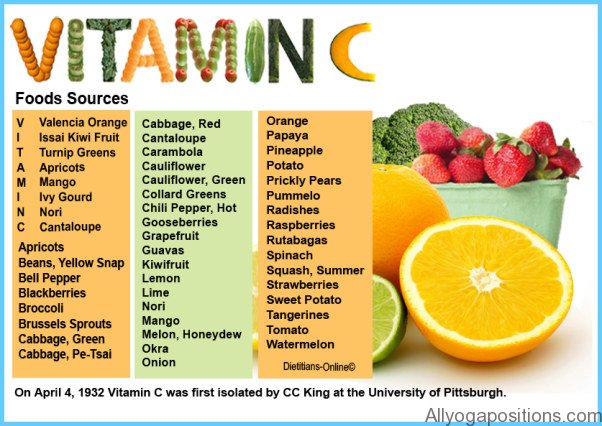Scientists have learned that the antioxidant powers of vitamin C might reduce the risk of cataracts and heart disease. Vitamin C may also keep you healthy by enhancing your body’s immune system. This vitamin also plays an important role in collagen synthesis, an important tissue for breast and bone health.
Recommended Dietary Allowance (RDA) of
Vitamin C for Females
AGE RDA (MILLIGRAMS)
9-13 years 45 mg
14-18 years 65 mg
19+ years 75 mg
Pregnancy 85 mg
Breastfeeding 120 mg
Smokers Add 35 mg to your RDA
Reprinted with permission from Dietary Reference Intakes for Vitamin C, Vitamin E, Selenium and Carotenoids, Copyright © 1999 by the National Academy of Sciences. Courtesy of the National Academy Press, Washington, D.C.
VITAMIN C for Women Photo Gallery
Vitamin C in Foods
FOOD VITAMIN C (MILLIGRAMS)
Cantaloupe, 1/4 medium 56 mg
Orange, 1 medium 70 mg
Orange juice, fresh, 1 cup (250 ml) 131 mg
Grapefruit, red or pink, half 47 mg
Kiwi, 1 large 68 mg
Mango, 1 49 mg
Strawberries, raw, 1 cup (250 ml) 89 mg
Broccoli, raw, 1 spear 141 mg
Brussels sprouts, cooked, 1/2 cup (125 ml) 50 mg
Cauliflower, raw, 1/2 cup (125 ml) 38 mg
potato, baked with skin, 1 27 mg
Red pepper, raw, 1/2 cup (125 ml) 95 mg
Tomato juice, 1 cup (250 ml) 47 mg
Nutrient Values of Some Common Foods, Health Canada, Ottawa, 1999.
Vitamin C Supplements
Keep in mind that fruits and vegetables contain many other natural chemicals that may work with vitamin C to keep you healthy. So even if you do take a vitamin C pill, I recommend that you still add foods rich in vitamin C to your daily diet. If you don’t eat at least two vitamin-C-rich foods each day, a supplement is a good idea.
• If you’re looking for the most C for your money, choose a supplement labeled Ester C. Studies in the lab have found this form of vitamin C is more available to the body.
• If you don’t like to swallow pills and prefer a chewable supplement, make sure it contains calcium ascorbate or sodium ascorbate. These forms of vitamin C are less acidic to the enamel of your teeth.
• Take a 500 or 600 milligram supplement, once or twice a day. Taking more than 200 milligrams of vitamin C at once won’t increase your blood levels further. I’ve recommended 500 or 600 milligrams because these are the most common doses you’ll find. If you want to take more, you’re better off splitting your dose over the course of the day.
• The daily upper limit for vitamin C has been set at 2000 milligrams to avoid diarrhea.






























